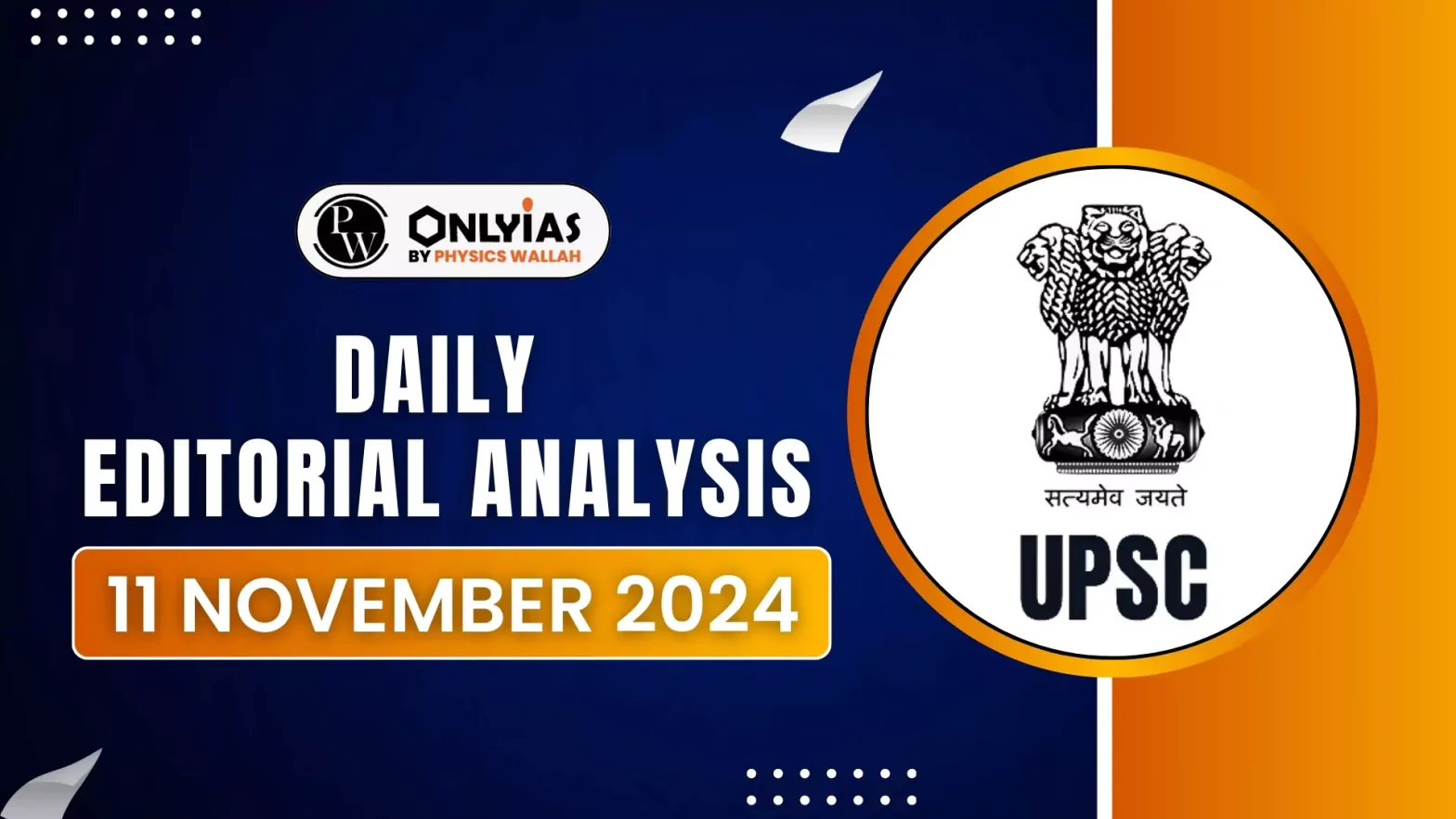A Supreme Court ruling redefines criteria for determining “minority” status of institutions, impacting AMU’s claim to minority character. This decision affects minority rights, reservation policies, and the institution’s cultural identity in India’s educational landscape.
More about the case
- The case concerns the determination of whether Aligarh Muslim University (AMU) qualifies as a “minority institution” under Article 30(1).
- Article 30 grants religious and linguistic minorities the right to establish and administer educational institutions.
- A seven-judge Constitution Bench of the Supreme Court recently ruled, by a 4:3 majority, on the necessary ‘indicia’ (characteristics) for recognizing an institution as a minority institution.
Enroll now for UPSC Online Course
Historical Background of Aligarh Muslim University (AMU)
- Founding: AMU was founded by Sir Syed Ahmad Khan in 1875 as a college aimed at educating Muslim students.
- University Status: Recognized as a university by a Central Legislature Act in 1920.
- Constitutional Reference: AMU was designated as an institution of national importance alongside Banaras Hindu University (BHU).
- Legal Challenges: A 1967 Supreme Court ruling held that AMU was not a minority institution under Article 30(1), as it was established by legislation, not by a community initiative.
- Amendment in 1981 revised this interpretation by changing certain definitions in the AMU Act and nullifying the Supreme Court 1967 ruling.
|
Key Aspects of “Minority Institution” as Per the Recent Supreme Court Ruling
- In the judgement by former Chief Justice of India D.Y. Chandrachud, it was ruled that the enactment of a statute to grant university status does not strip an institution of its minority character if it was originally established with that specific purpose.
- The Supreme Court’s majority opinion established that minority status depends on several factors:
- Foundational Intent: The intent of the founders and their efforts to establish the institution.
- Purpose and Mission: Whether the institution was founded to serve the interests of a particular minority.
- Administrative Structure: Whether the administration reflects the institution’s commitment to its minority identity and interest of that group.
- The ruling also clarified that the statutory incorporation of a university before the passage of the University Grants Commission (UGC) Act of 1956 was a necessity but does not undermine its minority status.
- Dissenting Opinion: Justice Dipankar Datta dissented, arguing that AMU does not qualify as a minority institution, saying that it was neither established by any religious community, nor is it administered by a religious community which is regarded as a minority.
Implications of the Supreme Court Ruling
- Future Status of AMU: While the recent ruling supports the minority status of institutions with certain founding characteristics, AMU’s final classification as a minority institution remains undecided and will be determined by a regular bench.
- Impact on Reservations: If AMU were to lose its minority status, it would come under the purview of reservations for Scheduled Castes, Scheduled Tribes, and Other Backward Classes.
Check Out UPSC Modules From PW Store
Conclusion
The Supreme Court’s ruling on “minority character” clarifies criteria for recognizing institutions like AMU, impacting their minority status, reservation policies, and cultural identity, thereby shaping the future of educational institutions in India’s diverse landscape.
![]() 11 Nov 2024
11 Nov 2024
